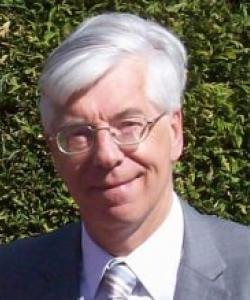The assertion in the title clearly depends on how we understand ‘science’ and what we think are life’s ‘biggest questions’. In this context we will be considering modern science and will examine its scope in the present and the potential breadth of its scope in the future. Modern science is brilliant at answering certain kinds of question, but generates particular forms of knowledge which are, it will be argued, complementary rather than contradictory to other forms of human knowledge. There are many ways of knowing. This stance stands in contrast to those scientists and others who assume that science provides the only reliable form of human knowledge – a philosophy known as ‘scientism’. This lecture will critique ‘scientism’ and argue that science will never have the answer to the kinds of question that many people count as their biggest, such as “Should I marry this person or that person?”; “Should we use genetic engineering to enhance human capabilities?”; “How is science itself possible?”; and “Does life have any ultimate meaning?” The lecture will celebrate the success of science but also highlight the fact that many big questions lie beyond the ability of science to answer.
Recommended Readings
Ian Hutchinson, Can a Scientist Believe in Miracles?: An MIT Professor Answers Questions on God and Science (Veritas Books), 2018
Denis Alexander, Faraday Paper No 3 'Models for Relating Science and Religion'
Michael Poole, Faraday Paper No 6 'Reductionism: Help or Hindrance in Science and Religion?'
Alister McGrath, Faraday Paper No 9 'Has Science Killed God?'
